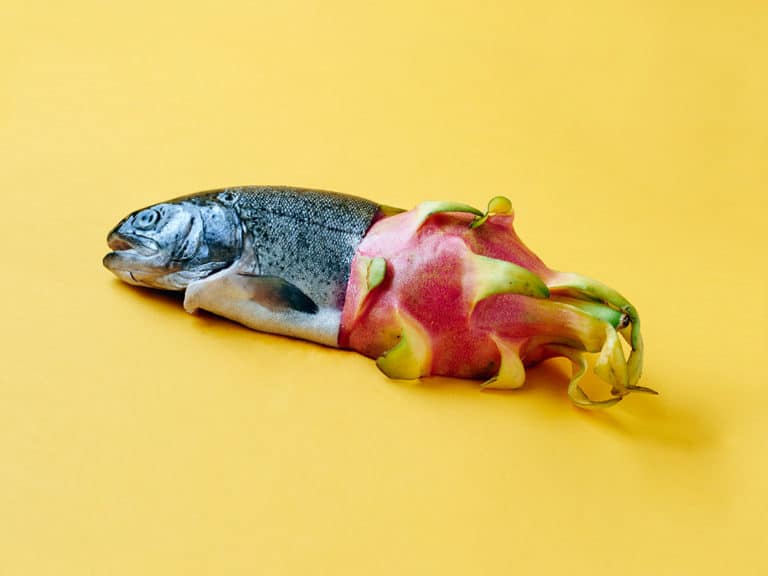Lab-grown or plant-based? The meat industry needs to change, and fast

OK, it’s time to address the lab-grown meat in the room. Raise your hand if you’ve heard of or have already engaged in a full-blown discussion about meat (and possibly dairy) that has been grown inside a Petri dish. It seems as though this imminent industry has forever lurked around the corner, but as far as consumers are concerned, has anyone ever even seen a Petri dish steak—let alone nabbed a bite out of one?
Back in 2013, food critics gathered around the world’s first lab-grown burger in a long-anticipated press conference—the burger was paid for by none other than Google co-founder Sergey Brin and cost £215,000 to produce. The reaction to the faux meat was underwhelming to say the least. The food critics reported that the burger tasted “Close to meat, but not that juicy”. And the world’s own fascination with this bizarre concept of a lab-grown slab of meat soon faded too.
But while climate change advocates who had turned to full-blown veganism, sourcing meat locally, or simply limiting their meat consumption to but a few times a month in a bit to reduce their environmental impact, scientists have not ceased to tweak their meat creation.
The technology used to grow food out of Petri dishes is called cellular agriculture. It works by reproducing and multiplying “muscle tissue from a handful of cells taken from an animal. These cells are then nurtured on a scaffold in a bioreactor and fed with a special nutrient broth”, as reported by MIT Technology Review. In theory, meat grown under these conditions is ‘real’ meat on every level—its flesh is red and blood bloody. The only real difference is that it never was a part of an animal, and that’s the truly strange concept to get our heads around.
Many food production industries have a high negative impact on the environment, but few are as palpable as the meat and dairy industries. A recent study shows that the production of meat and dairy takes up 83 percent of global farmland and produces 60 percent of agriculture’s greenhouse gas emissions. In fact, opting out of consuming products from these industries could be the single most effective way of reducing our environmental impact on a personal and global scale, across both pollution and farmland.
So with that in mind—if meat floats your boat that is—wouldn’t a lab-grown steak which produces 19 percent of Carbon Monoxide for every 20 grams as opposed to its animal meat counterpart at 24 percent make more sense to consume? According to Impossible Foods, a faux meat company using only plant-based ingredients, the 4 percent reduction from real meat to lab meat isn’t good enough.
The company is one of many who entered the scene in recent years as part of a growing group who are trying to reduce the environmental impact of meat even further. According to Impossible Foods and its peers, products that mimic all things meat need only combine a delicate combination of plant-based ingredients and a bit of science to tie them all together in a neat hamburger, bolognese or salami.
Whether it’s plant-based or lab-grown, it’s becoming apparent that in order to seriously reduce our greenhouse emissions and impact on the environment, our consumption relationship with meat (and dairy) will need to change. And fast. What needs to follow is not only alternatives that are truly sustainable but that are healthy and, well, equally delicious.




